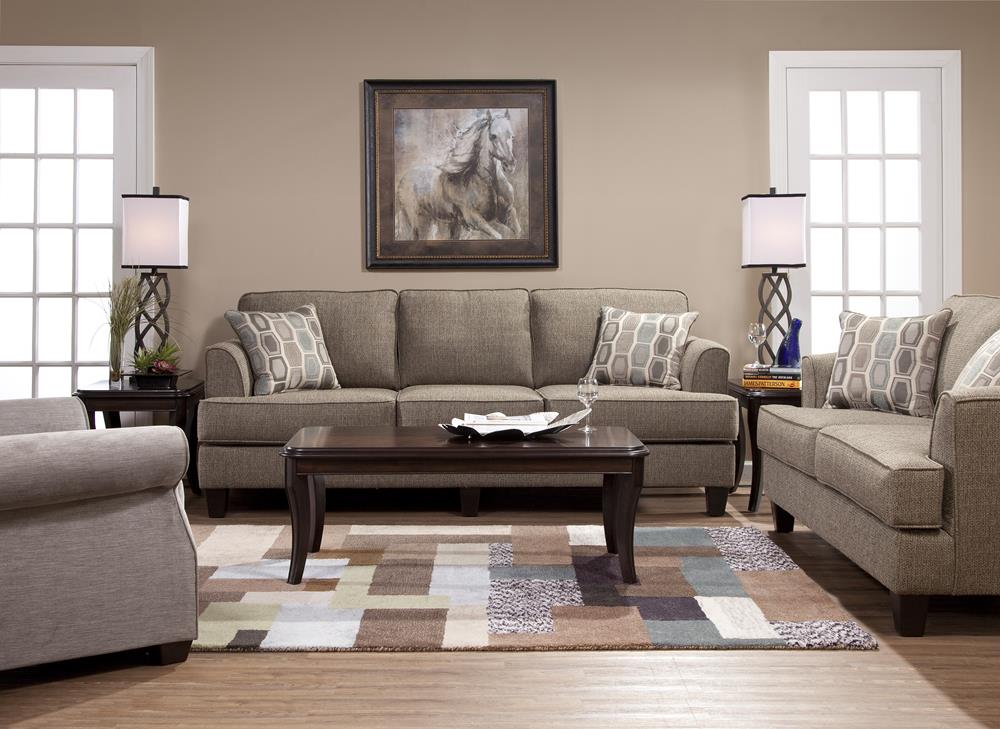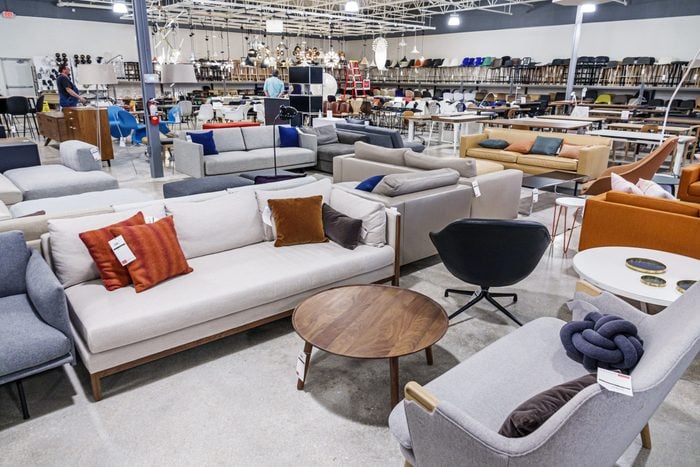How Profitable is Selling Furniture?
In the world of commerce, the furniture industry stands as an evergreen domain that combines artistry, functionality, and comfort. Whether you are an aspiring entrepreneur or an existing business owner considering diversification, the question that often arises is, “How profitable is selling furniture?”
In this comprehensive guide, we will delve into the multifaceted world of furniture retail and unveil the secrets to success in this thriving market.
The profitability of selling furniture is an enticing prospect, and for good reason. Here, we will explore the various facets that contribute to the allure of this industry.
Table of contents
Lucrative Market Trends

Furniture retail has witnessed consistent growth over the years, and this trend is expected to continue. The demand for furniture spans residential, commercial, and hospitality sectors. Moreover, evolving interior design preferences and an increasing focus on home improvement projects further fuel the demand for unique and functional furniture pieces.
Diverse Product Range

One of the key advantages of venturing into the furniture business is the vast array of products available. From sofas and beds to dining sets and office furniture, the options are limitless. This diversity allows entrepreneurs to cater to a wide range of customer needs, ensuring a steady flow of business.
High Margins
Compared to many other retail sectors, furniture retail often offers higher profit margins. While the initial investment can be substantial, the returns can be equally rewarding. Moreover, the ability to offer customise and premium furniture items can significantly boost profit margins.
Seasonal Opportunities

Furniture sales tend to spike during certain seasons and holidays. For example, the back-to-school season and major holidays like Black Friday and Christmas present excellent opportunities for increased sales. Strategic marketing and promotions during these times can lead to substantial profits.
E-commerce Potential
The digital age has brought about a revolution in the way furniture is bought and sold. E-commerce platforms offer a global reach, making it easier than ever to tap into a vast customer base. Online sales channels can complement physical stores, further enhancing profitability.
Customer Loyalty

Building a loyal customer base is paramount in the furniture industry. Customers who have a positive buying experience and are satisfied with the quality of products are likely to become repeat buyers. Exceptional customer service can go a long way in ensuring customer loyalty.
The importance of branding in the furniture industry cannot be overstated. A strong and reputable brand can command premium prices and foster customer trust. Building a brand involves creating a unique identity, offering quality products, and establishing a consistent presence in the market.
To succeed in the competitive world of furniture retail, one must adopt effective strategies that align with market dynamics and consumer preferences.
Market Research and Target Audience

Thorough market research is the foundation of any successful furniture business. Understand your target audience, their preferences, and their buying behaviour. This knowledge will guide product selection and marketing efforts.
Quality and Durability
Invest in high-quality furniture that not only looks appealing but also stands the test of time. Customers value durability, and word-of-mouth recommendations from satisfied buyers can be invaluable.
Online Presence
Establish a robust online presence through a user-friendly website and active social media profiles. Engage with potential customers, showcase your products, and provide valuable content related to furniture trends and maintenance.
Pricing Strategy
Determine a competitive yet profitable pricing strategy. Consider offering a range of price points to cater to different customer segments. Special promotions and discounts during peak seasons can also boost sales.
Customer Service
Prioritise excellent customer service, from pre-sale inquiries to after-sales support. Responsive and helpful customer service can set your business apart from competitors.
Marketing and Promotion
Invest in marketing and advertising campaigns to create brand awareness. Utilise both online and offline channels to reach a broader audience. Leverage the power of social media advertising and email marketing to stay connected with customers.
Conclusion
In conclusion, the furniture retail industry offers immense opportunities for profitability. However, success in this field requires a combination of market knowledge, product quality, effective marketing, and exceptional customer service. By following the strategies outlined in this guide and staying attuned to industry trends, aspiring furniture retailers can embark on a lucrative and fulfilling journey.
FAQs
A: Challenges may include stiff competition, changing consumer preferences, and the need for substantial initial capital.
A: Differentiation can be achieved through unique product designs, superior quality, exceptional customer service, and effective branding.
A: Sustainability, minimalist design, and smart furniture solutions are some of the prominent trends in the industry.







